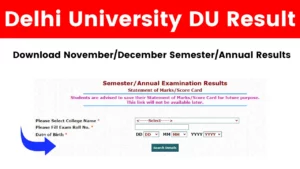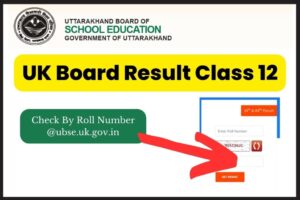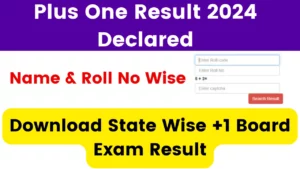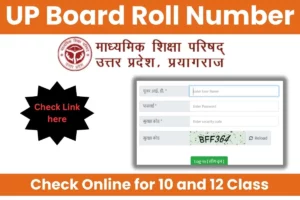Delhi University (DU) Result 2024 (Declared): Download November/December Semester/Annual Results
Delhi University conducted semester examinations for multiple courses on the scheduled date. Now, the students are ready to know their Delhi University (DU) Results. The result will be released for each candidate separately. Candidates are informed that the university has declared the result and students will now be able to get hold of their results. The दिल्ली विश्वविद्यालय परिणाम 2024 are being provided for the exams conducted for the 2023-24 session.









